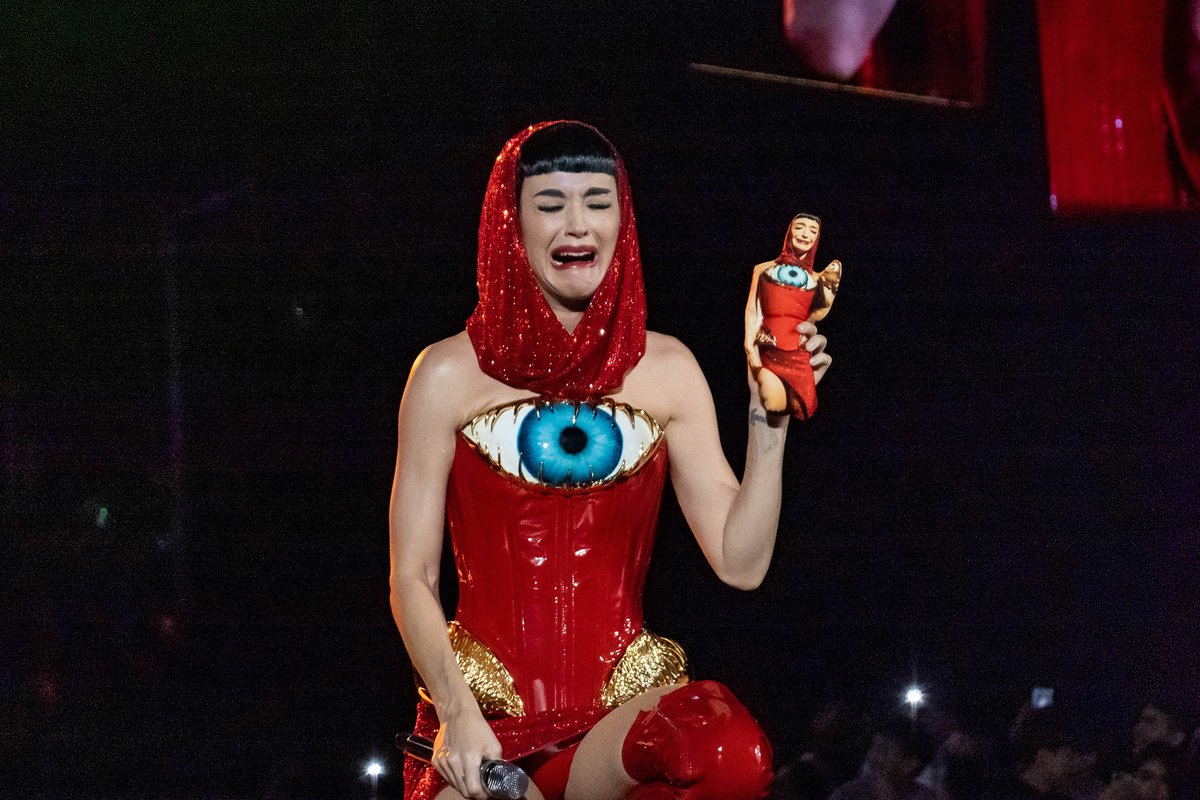On September 10, 2025, one of China’s most iconic manga websites, DMZJ (动漫之家, “Manga Home”), officially went offline. For many who grew up in the 2000s, this was more than just the shutdown of a site—it marked the end of a cultural era.

DMZJ had been around since 2005, becoming a daily ritual for countless fans who would rush home after school, switch on the family desktop, and load the latest chapters of their favorite manga. Back then, it was often the fastest to update, and its forums offered a chance to meet strangers who were just as obsessed with manga and comics. Many friendships—and even lifelong connections—were formed in these online spaces.

However, the end of DMZJ wasn’t sudden. Its “retirement posture,” as some netizens put it, had been visible for years. Smartphones reshaped how people consumed media, and DMZJ struggled to adapt—although it did briefly reinvent itself with a popular iOS app. For Apple users, in particular, it became a familiar icon on their home screens. Its abbreviation, DMZJ, even earned the affectionate nickname “大妈之家” (“dama zhijia“, or “Home of the Aunties”), a playful spin on its pinyin initials.
Behind the scenes, though, cracks had started appearing. Editors reportedly went unpaid for long stretches, and operational challenges piled up. Still, the site lingered—more out of loyalty from its community than from financial stability—until last week’s closure finally sealed its fate.

Yet this isn’t a story of doom and gloom. While DMZJ bows out, China’s manga culture is still brimming with energy. Many readers today turn to mainstream giants like Bilibili or Tencent Manga, though their libraries are often limited by licensing hurdles. Others flock to dedicated comic platforms such as Kuaikan Manhua (快看漫画) and Sa Manhua (飒漫画), which continue to churn out rapid updates and nurture large fan communities.
It’s worth noting that beyond Japanese and Korean imports, a growing number of Chinese original comics—especially in the shōjo-inspired genre—have developed loyal followings. For a younger generation of fans, these platforms represent not just entertainment but also spaces of identity, creativity, and belonging.

DMZJ’s farewell sparked waves of nostalgia online, with netizens reminiscing about nights spent binging new chapters, or swapping fan theories in comment threads that felt like secret clubs. As one longtime reader put it: “It wasn’t just a website—it was where we grew up.”
Cover image by QQ News.



















